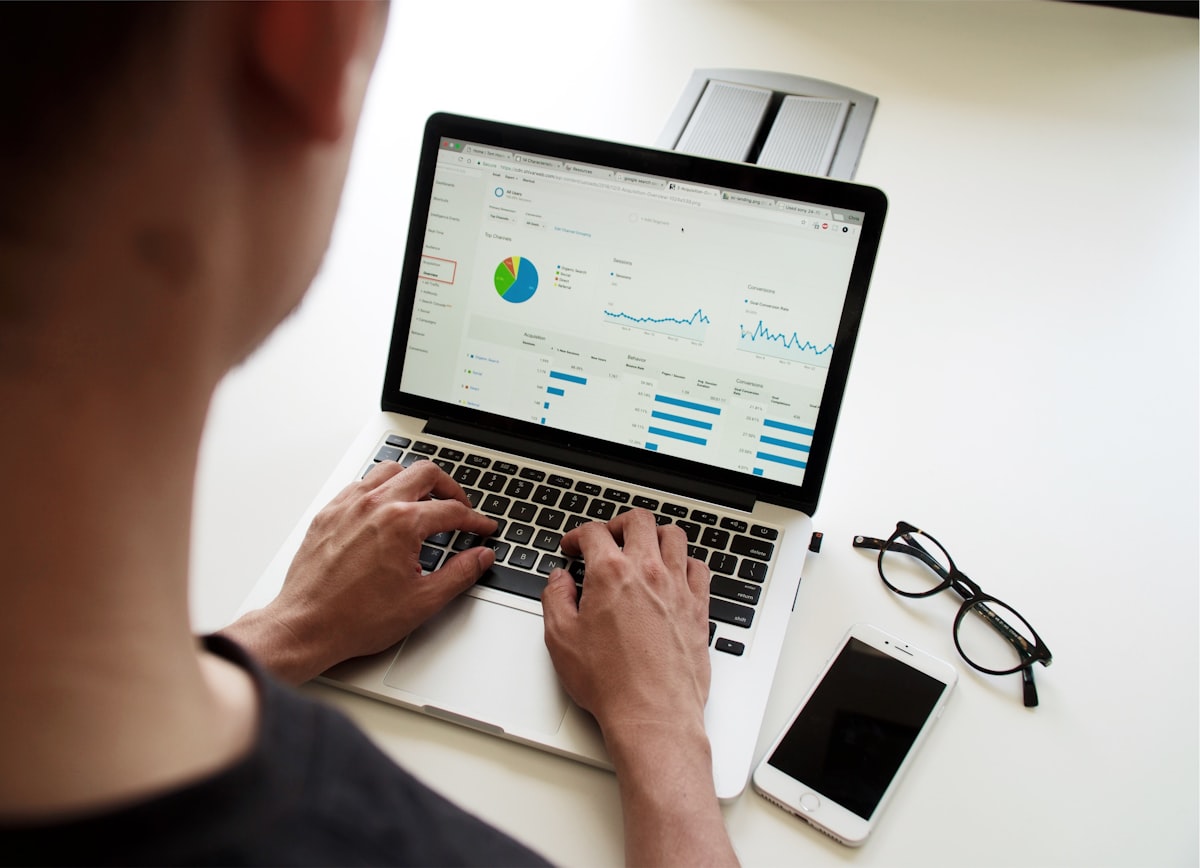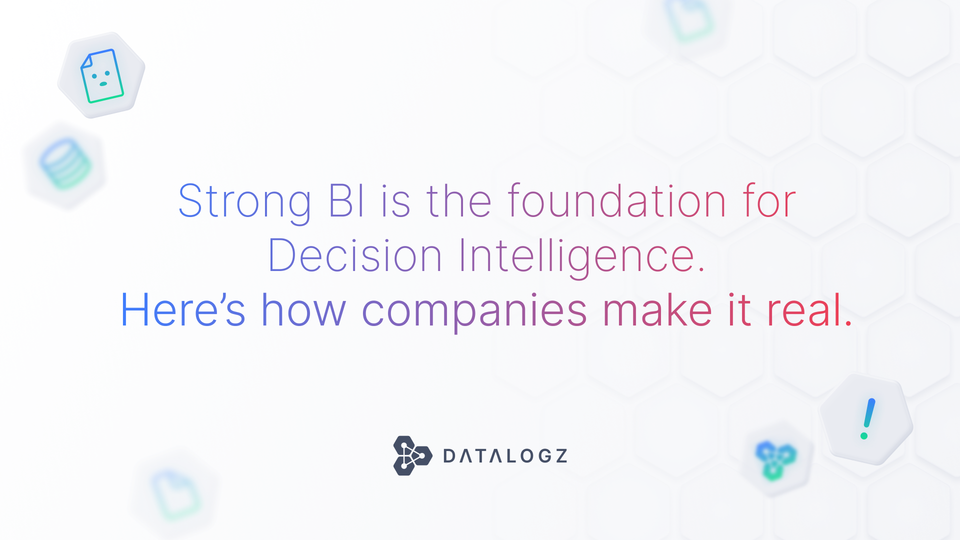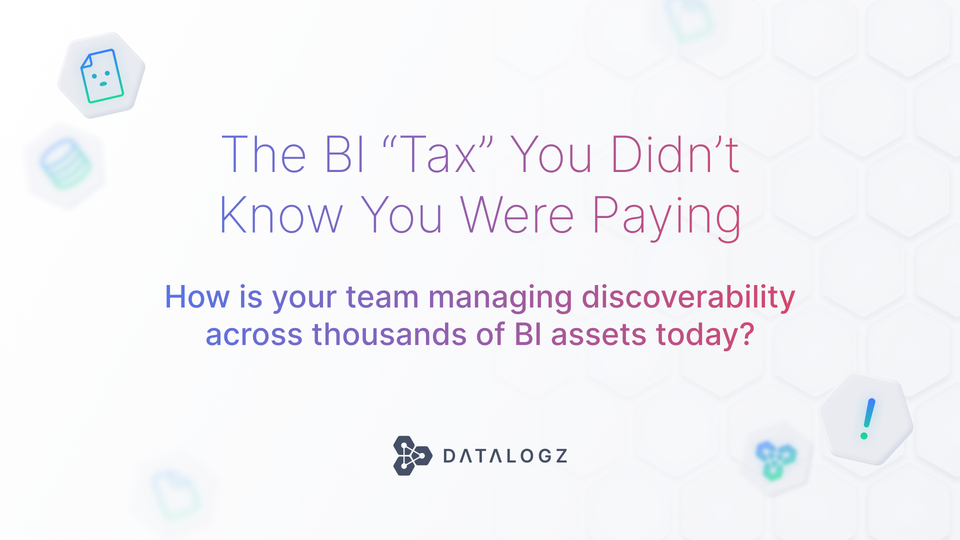How to Measure and Improve BI Performance Metrics?
Measuring and improving BI performance metrics is critical for optimizing the value of BI systems.

Business Intelligence (BI) systems are critical tools that organizations use to gather, store, analyze and provide insights into their data. These systems help organizations to make data-driven decisions, improve their processes and optimize performance. To ensure that BI systems are effective, it's essential to measure their performance using BI performance metrics. In this blog post, we will explore how to measure and improve BI performance metrics to optimize the value of BI systems.
Identifying KPIs
To measure the effectiveness of BI systems, it's essential to identify the right key performance indicators (KPIs). KPIs are critical in measuring the performance of BI systems, as they help organizations to focus on the metrics that are most important for achieving their business goals. To identify relevant KPIs, organizations should consider their business objectives and align their KPIs with those objectives.
For example, if an organization's objective is to improve customer satisfaction, KPIs that measure customer engagement, retention and satisfaction should be included. It's also essential to consider the industry, size and complexity of the organization when identifying KPIs. By focusing on the right KPIs, organizations can measure their progress towards achieving their goals.
Measurement Techniques
Once KPIs have been identified, the next step is to measure them using appropriate techniques. One of the most effective techniques for measuring BI performance metrics is through the use of dashboards and reports. Dashboards provide real-time insights into critical metrics, enabling organizations to make informed decisions. Reports provide more detailed insights into data and help organizations to identify trends and patterns.
Dashboards and reports should be designed to be user-friendly and easily accessible, enabling users to quickly and easily understand the information presented. To ensure the accuracy of the data, it's essential to regularly update the dashboards and reports.
Improvement Strategies
To improve BI performance metrics, organizations should focus on optimizing data processing and improving data visualization. Data processing optimization involves improving the speed and accuracy of data processing, ensuring that data is delivered to users in real-time. One way to achieve this is through the use of cloud-based BI solutions, which offer faster processing times and scalability.
Data visualization is also critical in improving BI performance metrics. By using interactive and visually appealing data visualization tools, users can easily understand data insights, enabling them to make better decisions. Organizations should consider investing in tools that enable them to create custom dashboards and reports that are tailored to their specific needs.
Continuous Monitoring
To ensure that BI performance metrics remain effective, it's essential to continuously monitor and evaluate their performance. By continuously monitoring performance, organizations can identify areas for improvement and make data-driven decisions that optimize the value of their BI systems. Continuous monitoring involves regularly updating KPIs and evaluating the effectiveness of dashboards and reports.
In conclusion, measuring and improving BI performance metrics is critical for optimizing the value of BI systems. Organizations should focus on identifying relevant KPIs, measuring them using appropriate techniques such as dashboards and reports, and continuously monitoring their performance. By optimizing data processing, improving data visualization and regularly updating KPIs, organizations can ensure that their BI systems remain effective and provide insights that enable them to make data-driven decisions.
Key takeaways:
- Dashboards and reports are effective techniques for measuring BI performance metrics, and they should be user-friendly and regularly updated.
- Optimization of data processing and data visualization can significantly improve BI performance metrics.
- Continuous monitoring and evaluation of BI performance metrics is essential to ensure ongoing improvement and optimization of BI systems.
- Organizations should invest in cloud-based BI solutions for faster processing times and scalability.
- Custom dashboards and reports tailored to an organization's specific needs can improve data insights, enabling better decision-making.
- Measuring and improving BI performance metrics is critical for organizations to make data-driven decisions, optimize their processes and improve their performance.



